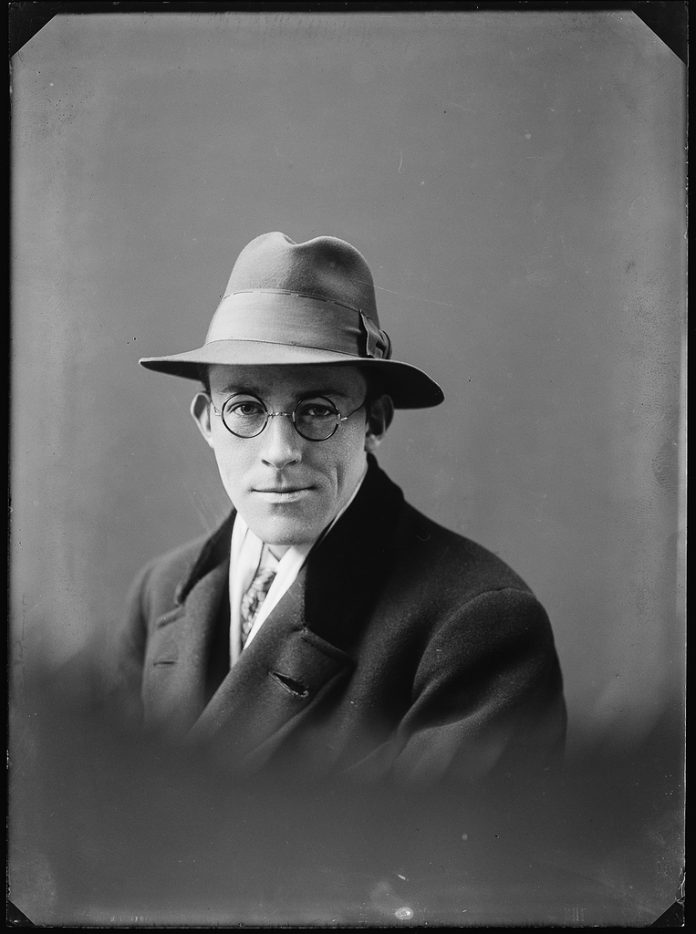
By Derrick Jean-Baptiste
Peter Wessel Zapffe is not what most people would think of as the average philosopher. When non-philosophes conjure up the image of a philosopher, it’s an old Greek man walking through the clean streets of Athens.
Peter was a different breed of philosopher. A nihilist straight to the core, he would absolutely dread our modern world. Don’t feel too bad, hough. He disliked his own world as well as the human condition contained within it.
This viewpoint of the human condition comes from Zappfe’s essay “The Last Messiah.” Peter starts out the essay with the idea of “cosmic panic,” in which humanity realizes it has over-evolved.
The mind has evolved to the extinct that showcases that humanity, in general, is meaningless in the eyes of nature.
Yet, if nature is indifferent to hosts of other species on this planet, then why does this meaninglessness cause such a rise of existential angst within humans?
It is because of our over-evolved intellect. With this intellect that humanity shares, we are always craving. We are always craving answers. We’re always craving some form of meaning within our lives.
Peter viewed the world as a beyond humanity’s need for answers to any of the fundamental existential questions that we may garner.
Peter states that our minds are analogues to overly grown deer antlers. Our minds, while fantastic and wondrous, pin us to the ground.
With the source of humanity’s angst found and explained, Peter begins to wonder why humanity simply does not just perish, letting this constant sense of existential dread die off with the last remaining human on this planet.
Peter goes on to say that the only reason we do not end it all is because we are all giving the performance of a lifetime and are actively repressing the true extent of our consciousness and how unfulfilled that consciousness is.
Peter provides four defined defense mechanisms humanity indulges in that gives us the ability to overcome our oppressive burden of intellect.
The four remedies against panic are isolation, anchoring, distraction, and sublimation. Each and every one of these four defense mechanisms shares the purpose of serving as a mental distraction for humanity’s intellect.
Isolation can be exemplified through the idea of a code of mutual silence. It is the idea of simply unconsciously ignoring the destructive thought and feeling.
Anchoring in practice provides individuals a value, ideal, or goal that allows them to focus their attention in a consistent manner.
A few examples of things in which Peter believes are only anchoring mechanisms are; God, morality, laws, and the future.
Distraction, according to Peter, is focusing all of an individual’s energy on a specific endeavor or idea in order to prevent the mind from turning in on itself.
Finally, sublimation is the refocusing of energy away from negative outlets and towards positive ones instead. This can be see through expression and focus on the arts as a method to not take heed to the existential angst we would experience without these other avenues of positive expression.
In the end, sublimation creates other worlds for humans to live, where they do not have to fear death if it doesn’t apply to them in the same world.
Even though Peter believes humanity relies on these four defense mechanisms every day in order to continue to live on this planet, they too will eventually fail us. Peter believes that as long as we continue down this path and as the defense mechanisms fail, the titular Last Messiah will eventually appear.
The Last Messiah is the human who finally comes to the realization that humankind is ultimately a doomed race and that it is finally time for our time on this planet to come to an end.
So Peter wouldn’t be a fan of the world that we currently live in. While his opinions are eerie and ultimately depressing, we as a species can find a way to subvert the nilhelstice musings of Peter.







